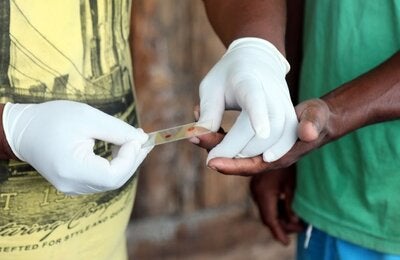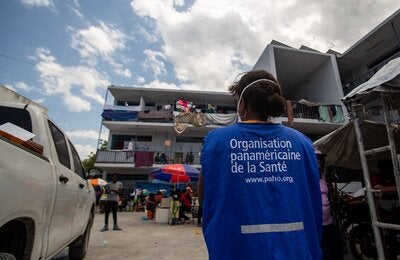The Pan American Health Organization/World Health Organization (PAHO/WHO), in collaboration with regional experts and in consultation with the countries, developed a manual on "Mammography Services Quality Assurance: Baseline Standards for Latin America and the Caribbean". The aim of this new publication, published now in English, is to provide baseline QA standards to increase access to quality mammography services, while ensuring patient and public safety.
Breast cancer is the most common cancer in women and the second leading cause of cancer deaths worldwide. Each year, approximately 152,000 women are diagnosed and 43,000 women die from breast cancer in Latin America and the Caribbean. Mammography is proven to be the most effective imaging technology for breast cancer screening and early diagnosis.
PAHO/WHO recommends organized, population based mammography screening programs for women aged 50?69 years every two years, if the necessary resources and conditions are met by the health-care system. This includes a quality assurance program that ensures high quality at every stage of the mammography process, optimizing accuracy of results and ensuring patients' and professionals' safety.
This manual includes general information on how to plan and implement a mammography quality assurance program, with specific reference to standards, indicators and human resources and equipment requirements. It was developed in consultation with representatives from Ministries of Health of Latin America and the Caribbean to reflect the needs and conditions in these settings; it takes into account the uneven development of mammography services in the Region and; and sets baseline standards for quality that are feasible for the different resource settings. The manual will be useful for public health program managers and professionals involved in mammography services to improve the quality on these services for early and accurate breast cancer diagnosis.
Please click the following links for the documents:
- In English: http://iris.paho.org/xmlui/handle/123456789/31402
- In Spanish: http://iris.paho.org/xmlui/handle/123456789/31293



